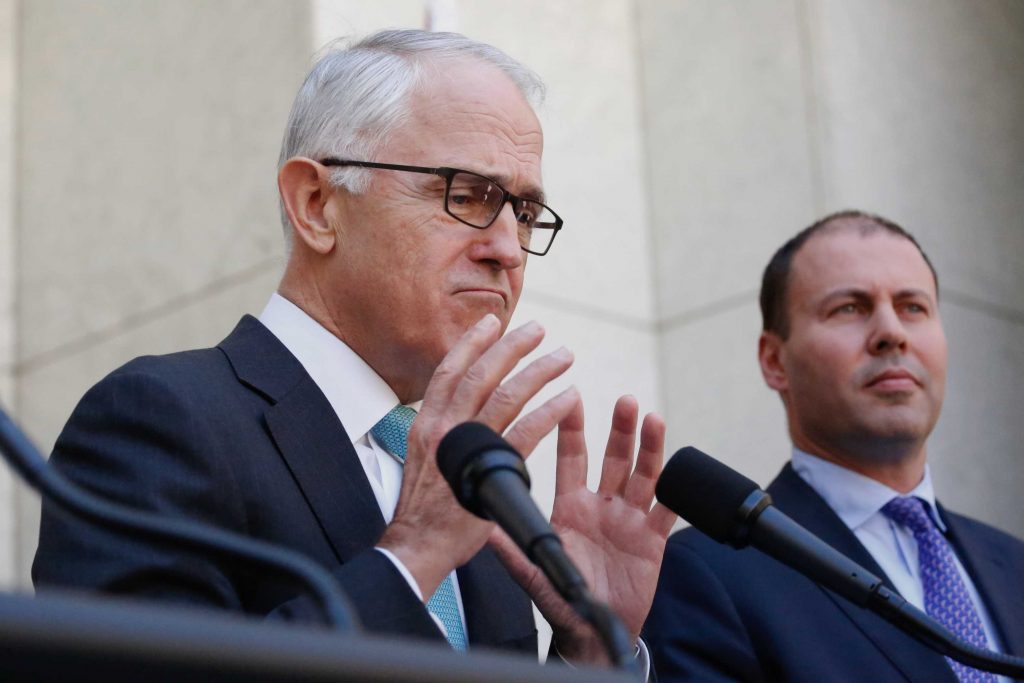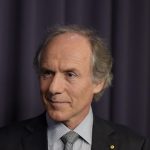Wholesale electricity prices could drop by up to 23% between 2020 and 2030 according to independent modelling on the Federal Government’s National Energy Guarantee leading to savings of up to $400,000 per year for medium-sized businesses.
Frontier Economics estimates that a medium-sized business such as a supermarket, would save $400,000 a year, a large energy user such as a chemical factory would save up to $1.4 million, while an even larger user such as a paper mill could save more than $10 million.
The environment will win too, finding that by 2030, renewable energy will constitute between 32 per cent and 36 per cent of the nation’s energy mix, compared to estimates of 28 per cent to 36 per cent one month ago.
A further breakdown shows that 8 per cent would come from hydro and biomass, which is reliable baseload power, while the remainder would be wind and solar.
PM calls for Labor and state backing of NEG

The Prime Minister has called on the Labor Party and state governments to back the NEG in light of the findings. The modelling was demanded by the Labor Party after the Federal Government announced the new policy in October.
The document which outlines the prediction of substantial savings for businesses was given to state governments ahead of an Energy Ministers meeting to be held on Friday 24 November.
The Federal Government is hoping that the Energy Ministers will come to an in-principle agreement to back the policy and work together to improve it further.
The Federal Government is backed by 16 business, industry, welfare and environment groups as well as the Australian Council of Trade Unions which issued a joint statement calling on the “Commonwealth and states to work together in good faith and a spirit of compromise to make further development of the National Energy Guarantee their top priority”.
The conglomerate includes the Australian Aluminium Council, the Australian Energy Council, the Australian Industry Group, the Clean Energy Council, the National Farmers’ Federation and the World Wildlife Fund.
CET proposal wanted 43% renewables by 2030

The CET, proposed by Chief Scientist Alan Finkel, would have had 42 per cent renewables in the mix by 2030. The Federal Government dumped the proposal due to threats of a backbench revolt led by former Prime Minister Tony Abbott.
Mr Turnbull said the modelling should act as a wake-up call to Labor and the states and “they should work with the government to bring down prices, increase reliability and meet our international emission reduction commitments”.
“The evidence is in. The National Energy Guarantee will generate significant savings for Australian families and businesses. The savings are greater than originally estimated,” he said.
Cutting power bills and secure supply
“The independent experts have spoken: Our plan will cut power bills and ensure the lights stay on. The benefits will flow through the entire economy. Businesses will be able to hire more staff, pay their employees more and pass on the savings to consumers through cheaper products,” said Mr Turnbull.
“Australia is suffering unsustainably high electricity prices and rising emissions, and our reliability and cost challenges will worsen if the retirement of ageing generators is not managed well.”
“The new private investment needed to turn the situation around will not be forthcoming without confidence in a credible, scalable, integrated and enduring long-term energy and climate policy framework.
“To be a success, any framework needs both to sustain broad political support and to address the energy trilemma, supporting a clean and reliable energy system at the lowest sustainable cost.
“Importantly, there are no apparent alternatives at present that are both potentially functional and potentially acceptable to all sides of politics.”













